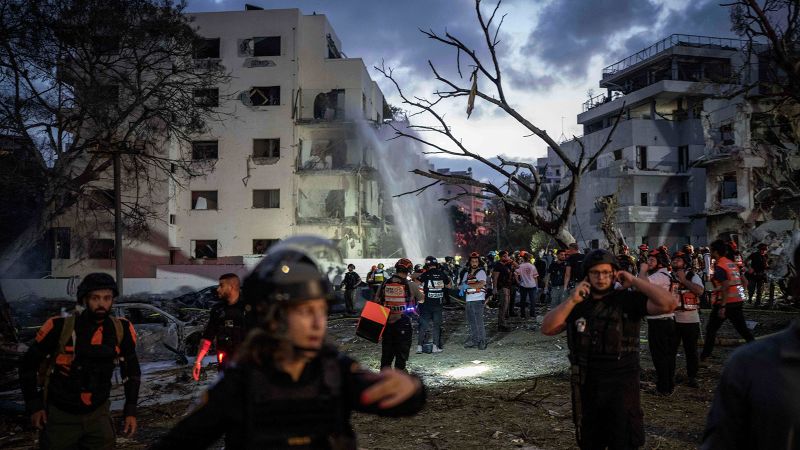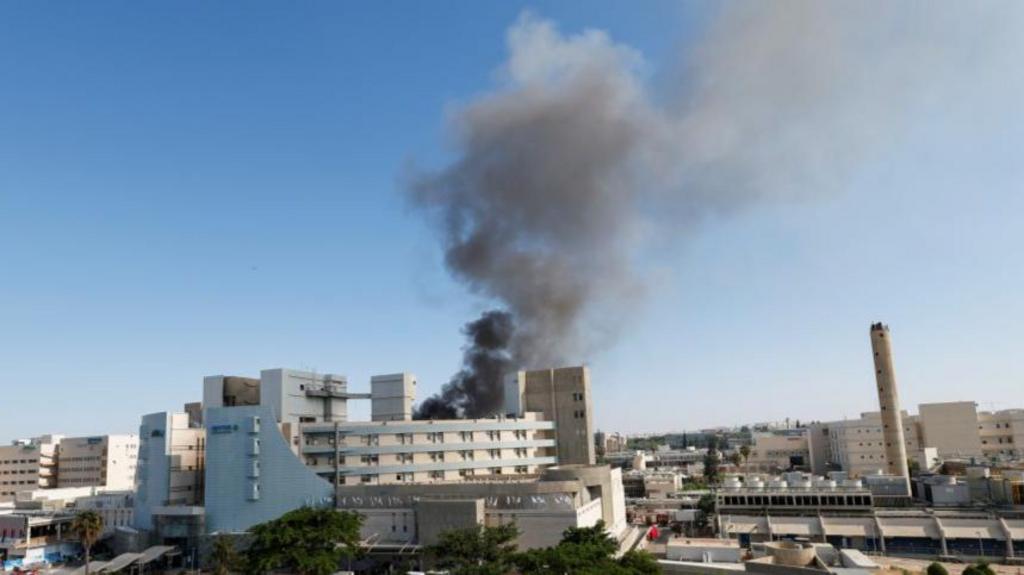China Positions Itself as a Potential Peace Broker in Escalating Israel-Iran Conflict

As tensions between Israel and Iran reach a critical point following a recent Israeli attack on Iranian soil, China is strategically positioning itself as a potential mediator in the escalating conflict. This move underscores Beijing's ambition to be recognized as a significant global voice, offering an alternative perspective to that of the United States.
The recent Israeli strike, widely seen as a response to Iran's repeated actions against Israeli interests, has triggered a dangerous cycle of retaliation. The region is on edge, with fears of a wider conflict rapidly growing. Against this backdrop, China has issued a strong statement condemning Israel’s actions, while simultaneously signaling its willingness to facilitate dialogue and de-escalation.
China's condemnation of Israel is notable. While Beijing has consistently called for restraint from all parties, this explicit criticism appears aimed at bolstering its image as a neutral and responsible actor on the international stage. It's a calculated move designed to resonate with nations in the Middle East who may view the United States as overly aligned with Israel.
Why China Sees an Opportunity
Several factors contribute to China's decision to step into this volatile situation. First, China has long sought to increase its influence in the Middle East, a region of vital strategic importance due to its energy resources and geopolitical significance. By presenting itself as a peacemaker, China can cultivate goodwill and strengthen its ties with regional powers.
Second, China views the current conflict as an opportunity to challenge the United States’ dominance in global diplomacy. Washington has traditionally played a leading role in mediating conflicts in the Middle East, but China's emergence as a potential alternative offers a new dynamic.
Third, China's economic interests in the region are substantial. Ensuring stability and preventing a full-blown war are crucial for protecting China's investments and trade routes.
China's Approach: Diplomacy and Restraint
China's approach to the conflict is characterized by a commitment to diplomacy and restraint. Beijing has repeatedly called for all parties to exercise caution and avoid actions that could further escalate tensions. It has also emphasized the importance of adhering to international law and respecting the sovereignty of all nations.
While China's role as a mediator is still in its early stages, its willingness to engage in dialogue and its condemnation of Israel's actions have already garnered attention. Whether China can successfully broker a lasting peace remains to be seen, but its efforts represent a significant shift in the geopolitical landscape of the Middle East.
Challenges Ahead
China faces considerable challenges in its pursuit of a mediating role. The deep-seated animosity between Israel and Iran, coupled with the involvement of other regional and international actors, makes finding a solution exceedingly difficult. Furthermore, China's own complex relationship with Iran – including its economic ties and shared concerns about US influence – could complicate its efforts.
Despite these challenges, China’s ambition to play a more prominent role in global affairs is clear. The Israel-Iran conflict provides a testing ground for China's diplomatic capabilities and a chance to demonstrate its commitment to peace and stability.






